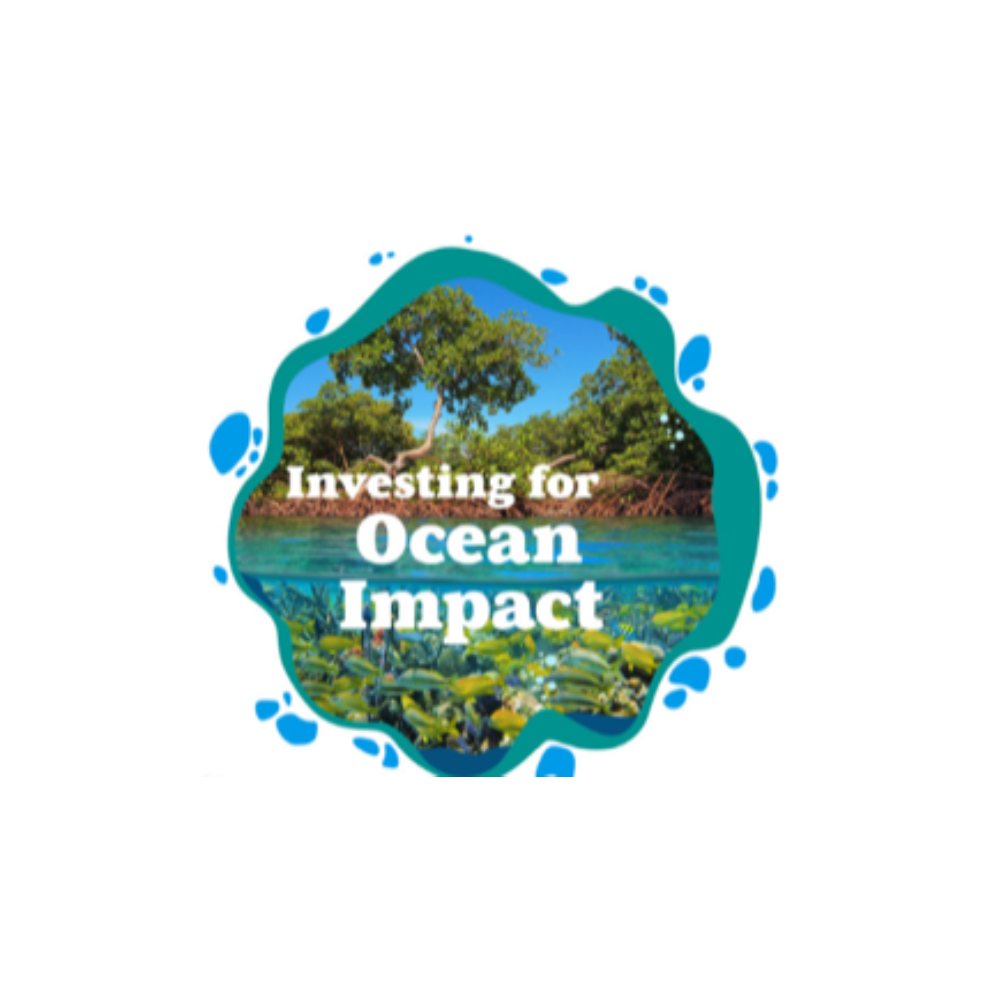The vast expanse of the ocean covers 71% of the Earth’s surface and plays a critical role in sustaining life on our planet. From providing food and energy to regulating water and carbon cycles, the ocean’s significance cannot be overstated. However, the “blue economy,” currently contributing $2.5 trillion annually to the global economy (equivalent to the seventh-largest GDP in the world), the blue economy is projected to grow at twice the rate of the mainstream economy, reaching $3 trillion per year by 2030.
Whilst much of the blue economy today is causing significant harm (e.g over fishing, plastic pollution, oil and gas mining, over development, cruise liners), there are significant opportunities for impact investors to develop solutions to the problems or develop new, disruptive business models and solutions.
Key sectors driving the ocean economy include offshore oil and gas, maritime and coastal tourism, and maritime equipment and ports. Fisheries, employing over one-third of the total workforce, and maritime and coastal tourism, employing nearly one-quarter, are the largest employers within this economy. Anticipated growth in the next decade lies in more sustainable areas of the blue economy including sustainable marine aquaculture, offshore wind, sustainable fish management and processing, electrification and decarbonisation of boats and shipping, all of which are expected to create ~40 million jobs by 2030.
A brief overview of the ocean economy reveals its indispensable role in meeting global demands:
- Fisheries and Aquaculture: Supplying healthy protein and employing 10-12% of the world’s population, with over 90% of those employed in developing countries. Aquaculture has grown at a rate of 7% per year, producing 50% of the world’s seafood.
- Maritime Trade: Facilitating 90% of international trade through merchant ships, naval fleets, and the boating industry, with over 1.2 million kilometres of submarine cables supporting 98% of international telecommunications.
- Energy Sources: Contributing to offshore energy production, with hydrocarbons, wind energy, and wave and current energy potential.
- Tourism and Recreation: Offering diverse options for ocean-based activities, including cruise tourism, which experienced an annual growth rate of 8.5% before the pandemic.
- Water Supply: Providing desalinated seawater to meet the growing demands of coastal cities, supplying up to 90% of freshwater in some countries.
- Infrastructure: Supporting ports and coastal infrastructure vital for global trade and economic growth.
- Exploration and Technology: Enabling the discovery and understanding of the ocean’s depths, marine life, and extreme conditions.
Human activities within the ocean have begun to negatively impact its health and sustainability. Sea-based activities are often accompanied by significant land-based sources of pollution, such as waste runoff, plastics, and agricultural practices as well as coastal over development.
Urgent challenges facing our oceans include climate change, ocean pollution, overfishing, biosecurity risks, carbon emissions from shipping, modern slavery, declining biodiversity, and poverty in communities reliant on the ocean for their livelihoods.
While global bodies and leading companies are slowly starting to address these challenges through controls and regulation, investment in ocean sustainability and regeneration remains inadequate. Among the 17 United Nations Sustainable Development Goals, SDG14, which focuses on conserving and sustainably using the ocean, receives the lowest share of investment at only 3.5%.
Role for impact Investors
Achieving a balance between “blue growth,” job creation, and a healthy marine environment relies on addressing the opportunities and challenges of existing and emerging ocean activities. Technology, in sectors such as fisheries, aquaculture, shipping, and tourism, holds great potential for improving ocean sustainability.
Opportunities for impact investors to enhance ocean health include:
- Shipping Decarbonization: Electrification, biofouling reduction, and alternative fuels like hydrogen and methanol.
- Sustainable Aquaculture: Environmentally friendly practices in fish farming and the cultivation of bi-valves, seaweeds, and algae.
- Renewable Energy: Expanding offshore wind farms, harnessing wave energy, and developing local waste-to-energy solutions.
- Waste and Plastic Reduction: Supporting initiatives aimed at reducing ocean pollution and addressing the issue of plastics.
- Natural Capital Solutions: Protecting and regenerating biodiversity through initiatives like blue carbon projects focused on mangroves and saltmarshes.
- Resilient Infrastructure: Investing in sustainable seawalls and coastal defence systems.
- Technology: Advancements in ocean robotics, drones, sensors, and data collection.
These investment opportunities span various asset classes, from start-up equity and debt to global listed equities and bonds. Investors range from global asset owners and managers to angel investors supporting ocean-focused start-ups. Incubators and accelerators dedicated to the blue economy are emerging worldwide, facilitating innovation and investment. Notable activity in blue economy investment is observed in countries like Norway, Spain, and Portugal, with support from the European Investment Bank and other financial institutions.
Investing in the ocean presents a significant opportunity to promote sustainability, economic growth, and the preservation of marine resources. As legislation and regulations strengthen, initiatives backed by sustainable finance, including impact investment, loans, and blue bond issuances, are driving the development of the blue economy. By recognizing the immense potential and addressing the challenges, investors can play a crucial role in shaping a sustainable future for our oceans and the blue economy.

